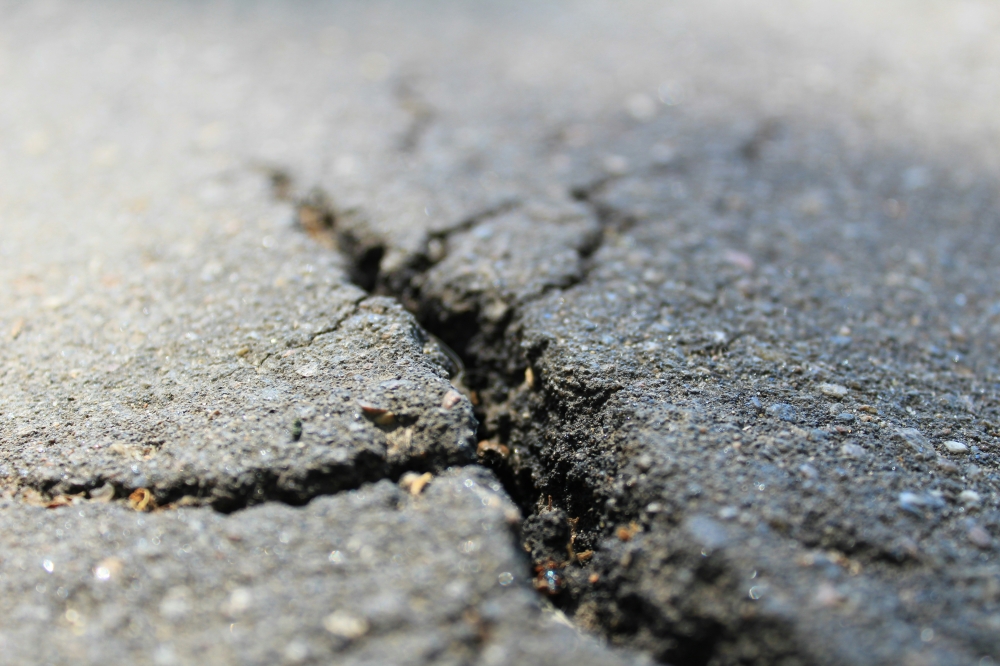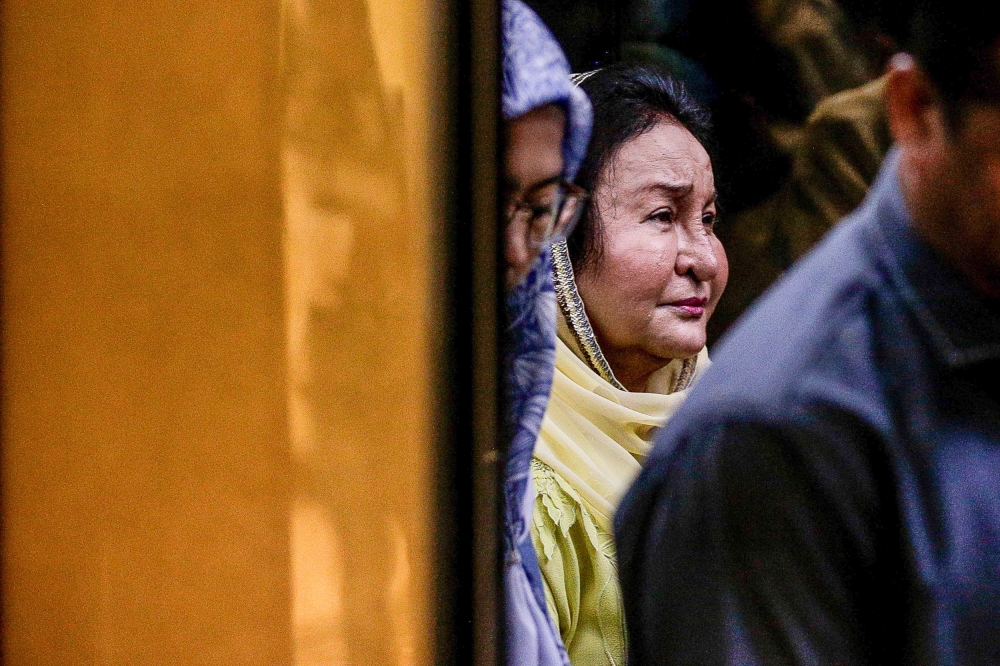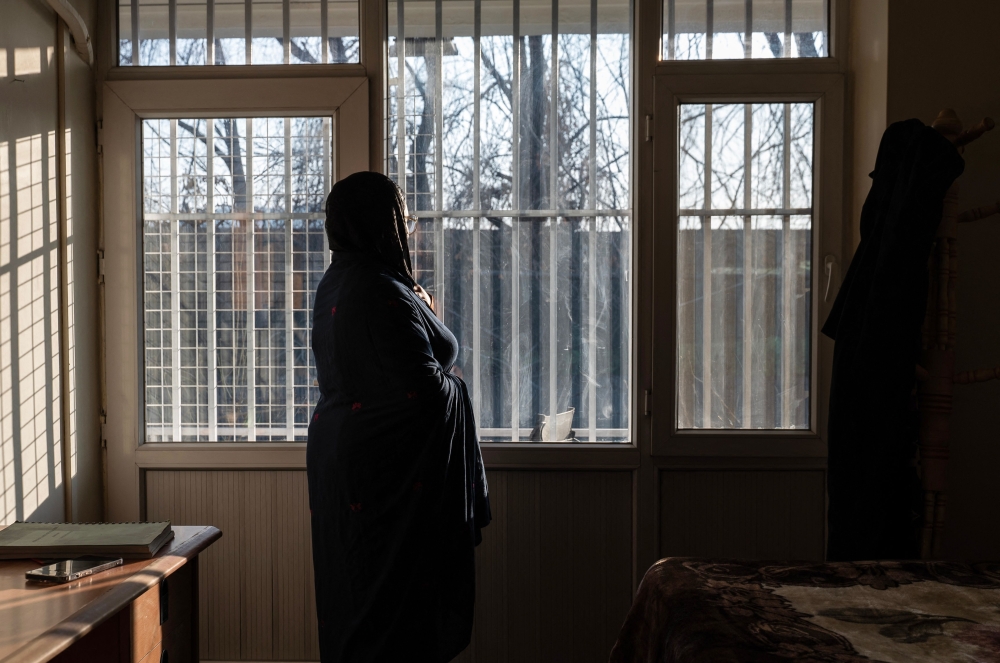LONDON, June 11 — A new analysis has revealed how loneliness, a feeling which is currently being experienced by many of us around the world due to social distancing and stay-at-home orders, can negatively affect our health.
Carried out by researchers at McGill University, Canada, and the University of Oxford, UK, the new analysis looked at a range of existing studies which had investigated the far-reaching impact of loneliness on our health.
The findings, published in the journal Trends in Cognitive Sciences, showed that social isolation can have a severe effect on both mental and physical health. The researchers found that loneliness can affect brain health, including our reasoning and memory performances and the brain's gray and white matter, and can also affect hormone homeostasis, which includes the control of blood glucose levels and blood pressure among other bodily functions.
They also found that feeling lonely can directly impair the immune system, making us more vulnerable to diseases and infections, and even increase an individual's risk of death.
On the other hand, people who are less lonely and who have more friends show better physiological function, including lower systolic blood pressure, lower body mass index (BMI) and lower levels of C-reactive protein, which is a protein made by the liver which increases when is inflammation somewhere in the body.
The researchers point out that feelings of loneliness can even spread through a social network, negatively skewing people's social perception, and once we experience loneliness we can become trapped in a downward spiral. This can increase the risk of illness in a group, including encouraging the onset of dementia in seniors.
They add that as we are “intensely social” creatures, boosting social bonds can bring big benefits for health. The team give the example of people who belong to groups, such as sports clubs, church or hobby groups, who have up to a 25 per cent reduced risk of future depression.
Associate Professor Danilo Bzdok, one of the study's authors, commented on the findings saying, “We are social creatures. Social interplay and cooperation have fuelled the rapid ascent of human culture and civilisation. Yet, social species struggle when forced to live in isolation. From babies to the elderly, psychosocial embedding in interpersonal relationships is critical for survival. It is now more urgent than ever to narrow the knowledge gap of how social isolation impacts the human brain as well as mental and physical well-being.”
Co-author Professor Robin Dunbar added that, “Loneliness has accelerated in the past decade. Given the potentially severe consequences this can have on our mental and physical health, there is growing recognition and political will to confront this evolving societal challenge.”
The researchers also note that in 2019, the World Health Organisation declared loneliness a major health concern worldwide. — AFP-RElaxnews






















